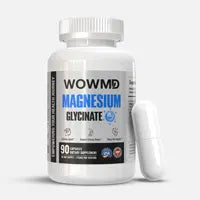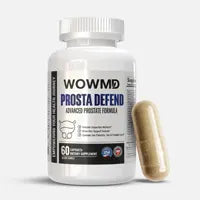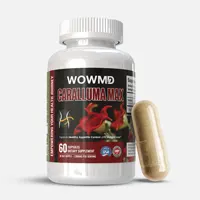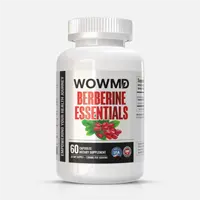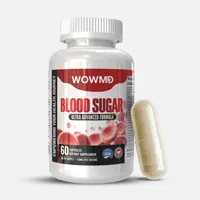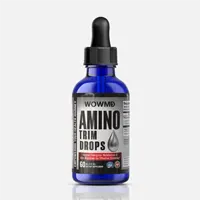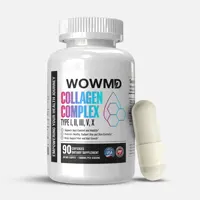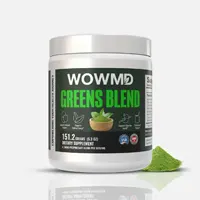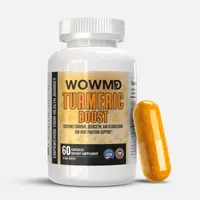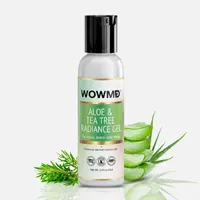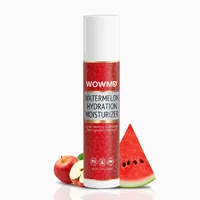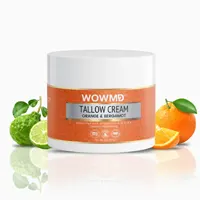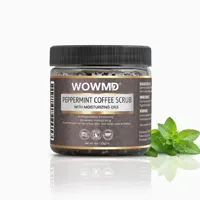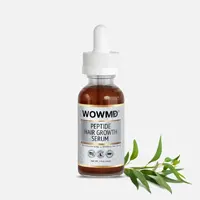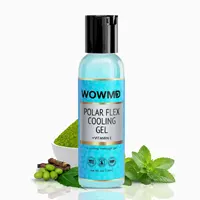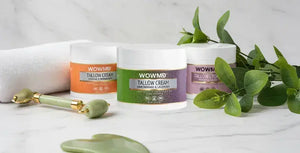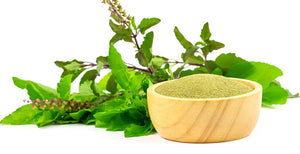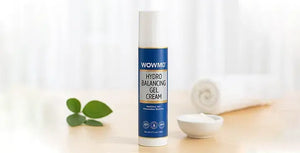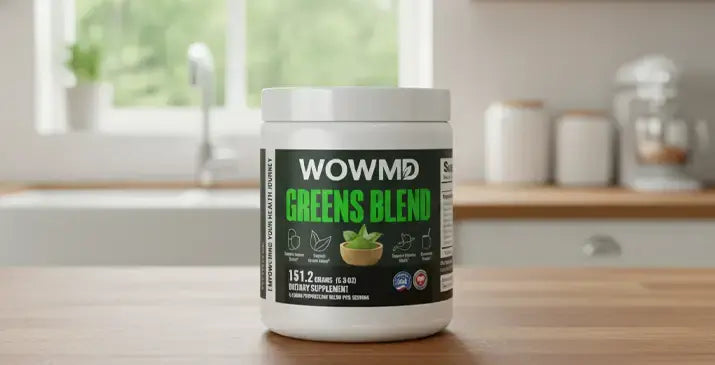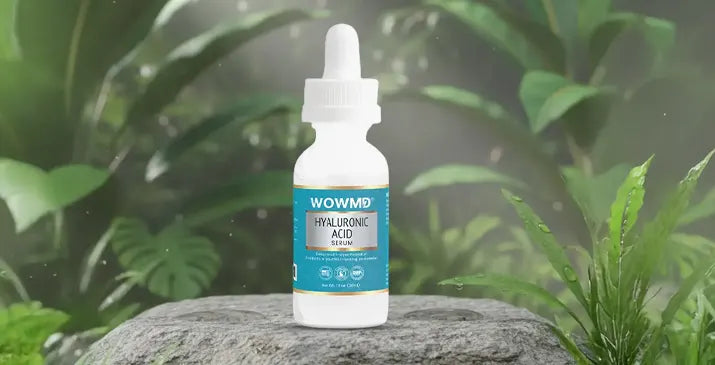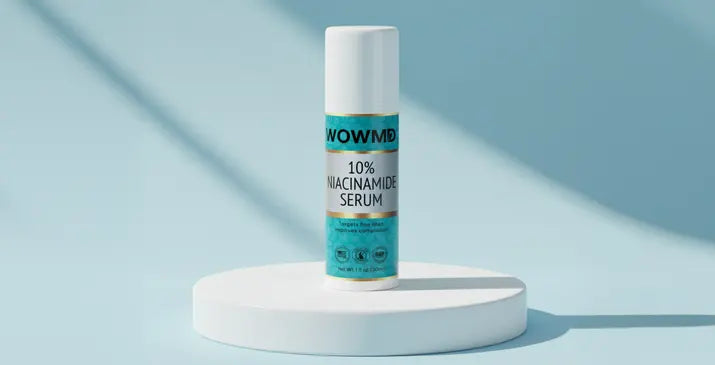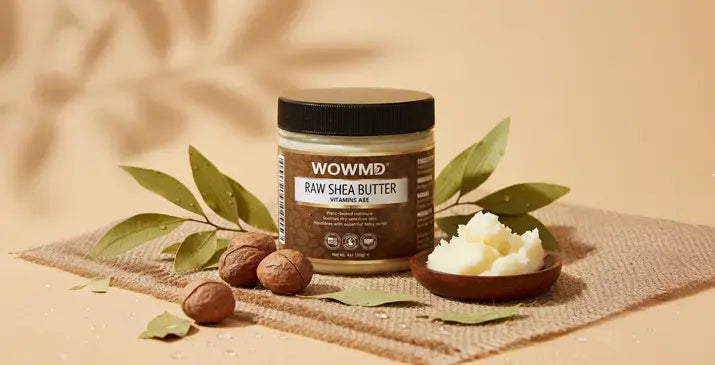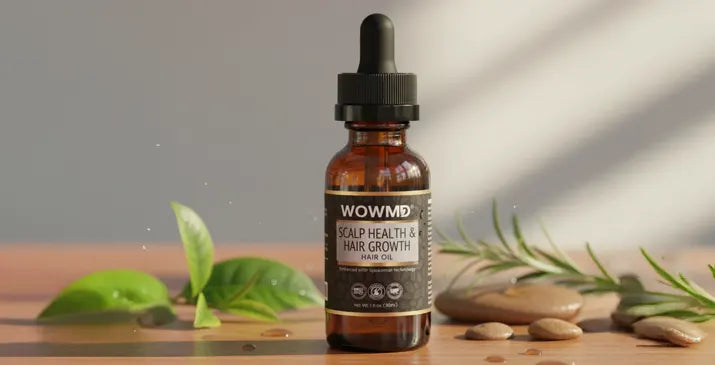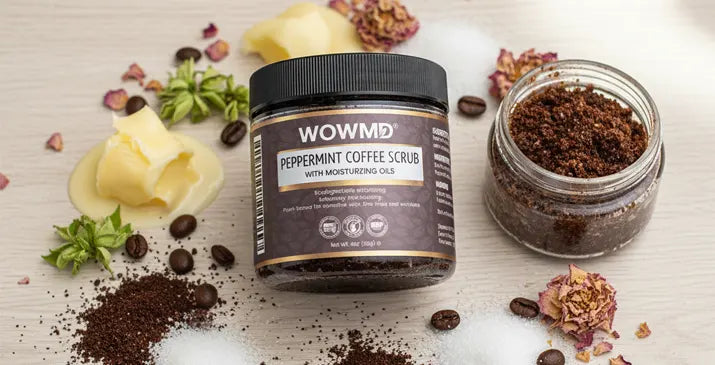Chlorella vs Spirulina: Which Superfood Is Superior?
Compare the nutritional profiles, detox effects, and benefits of Chlorella vs Spirulina to find your perfect daily health boost.
Advertiser Disclosure: WOWMD independently vets all recommended products. If you purchase a featured product, we may be compensated. Learn why you can trust us.
You May Also Like
Popular Stories
- The Best Beef Tallow Products for Radiant Skin: A 2026 Guide
- Holy Basil : Ayurveda’s Herb for Balance, Immunity & Everyday Calm
- Best Gel Moisturizers for Hydration & Skin Care in 2026
- 7 Best Effective Supplements for Improving Bladder and Prostate Health in 2026
- 4 Best Cooling Gels for Skin and Body: Instant Refreshment and Relief
- 4 Best Hyaluronic Acid Serums for Skin Hydration - Tested & Reviewed
References
WOWMD follows strict sourcing guidelines to ensure the accuracy of its content, outlined in our editorial policy. We use only trustworthy sources, including peer-reviewed studies, qualified experts, and information from top institutions.
- Potential of Chlorella as a Dietary Supplement to Promote Human Health https://www.ncbi.nlm.nih.gov/pmc/articles/PMC7551956/
- Spirulina in Clinical Practice: Evidence-Based Human Applications https://www.ncbi.nlm.nih.gov/pmc/articles/PMC3136577/
- Dietary Strategies for the Treatment of Cadmium and Lead Toxicity https://www.ncbi.nlm.nih.gov/pmc/articles/PMC4303853/
- Nutritional Supplements for Skin Health—A Review of What Should Be Chosen and Why https://www.ncbi.nlm.nih.gov/pmc/articles/PMC10820017/
- The Role of Spirulina (Arthrospira) in the Mitigation of Heavy-Metal Toxicity: An Appraisal https://pubmed.ncbi.nlm.nih.gov/32749124/
- Effects on Spirulina Supplementation on Immune Cells’ Parameters of Elite College Athletes https://www.ncbi.nlm.nih.gov/pmc/articles/PMC9612057/
- In vitro evaluation of Spirulina platensis extract incorporated skin cream with its wound healing and antioxidant activities https://www.ncbi.nlm.nih.gov/pmc/articles/PMC6130752/
- Trends and Technological Advancements in the Possible Food Applications of Spirulina and Their Health Benefits: A Review https://www.ncbi.nlm.nih.gov/pmc/articles/PMC9458102/
- Assessing Spirulina platensis as a dietary supplement and for toxicity to Rhynchophorus ferrugineus (Coleoptera: Dryopthoridae) https://www.ncbi.nlm.nih.gov/pmc/articles/PMC7938130/
- Effects of spirulina on weight loss and blood lipids: a review https://www.ncbi.nlm.nih.gov/pmc/articles/PMC7061888/
 Alpha Man Power Pack
Alpha Man Power Pack All-Day Fat Burn Trio
All-Day Fat Burn Trio Better Immunity Bundle
Better Immunity Bundle  Calm & Sleep Duo
Calm & Sleep Duo Cognitive Health & Vision Combo
Cognitive Health & Vision Combo Complete Weight Loss Bundle
Complete Weight Loss Bundle Core Vitality Trio
Core Vitality Trio Energy Booster Combo
Energy Booster Combo Focus Fuel Trio
Focus Fuel Trio Glow & Balance Duo
Glow & Balance Duo Health Balance Trio
Health Balance Trio Heart Care Bundle
Heart Care Bundle Joint Health Support Combo
Joint Health Support Combo Men's Immunity & Prostate Health Bundle
Men's Immunity & Prostate Health Bundle Metabolism Boost Duo
Metabolism Boost Duo Natural Skin Care Bundle
Natural Skin Care Bundle Peak Performance Duo
Peak Performance Duo Relax & Recharge Duo
Relax & Recharge Duo Skin Detoxification Bundle
Skin Detoxification Bundle Smart Energy Trio
Smart Energy Trio Stress + Energy + Wellness Combo
Stress + Energy + Wellness Combo  Total Burn Ignite Trio
Total Burn Ignite Trio Total Harmony Pack
Total Harmony Pack Workout Supplements Combo
Workout Supplements Combo